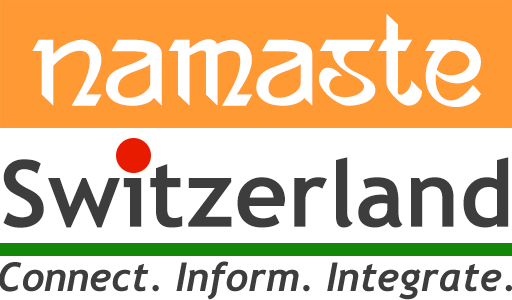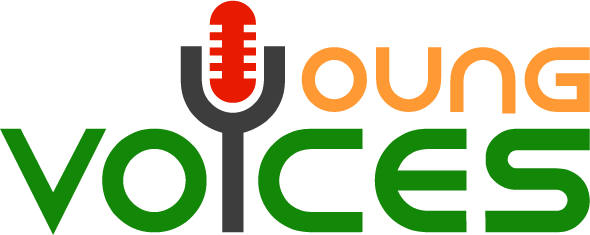- The Deutsche Welle: For a beginner with minimum or no knowledge of German The Deutsche welle is a good place to start with. Here one can start doing a self-paced course where you start from scratch learning (level A1) – learning to greet people to fixing a doctor’s appointment over phone to reading the Harry Potter series (level C) or the Audio course which helps you learn the language from level A1 to B1 following a story in each session and grammar points at the end of each story session.
- Duo-lingo: This is one of my favourite apps when it comes to language learning. While the focus is not so much on grammar, one can easily learn basic communication and it’s a great medium for vocabulary training.
- Italki: Italki calls itself as a language learning social network that connects students and language teachers. Here you could learn the language the tandem way- teach what you know and learn what you want to. You could also practice your sentences in the talk forums where other users will correct you when you go wrong. You could also choose to have a one-on-one learning with a German language teacher. You will need to pay in Italki credits (low to high) depending on your learning needs/level and the number of hours you learn with the teacher.
- Head to the library: Enroll yourself for a yearly subscription fee at the local library near you. This gives you good access to a large number of German grammar, exercise books and also movie CDs. You could also start by reading children’s stories in German or pick your favourite ‘Enid Blyton’ you read as a child back in India. Now challenge yourself to read the same in German.
- Conversation classes: Many of the ‘Familien Zentrum’ or the Family Centres of the municipality conduct conversation classes for free or as low as 5 CHF per hour. These are really helpful where the teacher focuses on learning words from a particular theme and your word order. For instance, the Zentrum Krokodil in Zurich has conversation sessions on Tuesday and Thursday evenings!
- Online Exercises: When you are looking to perfect the grammar you have learnt for the day- you could use German.net or work out Nancy Thuleen’s grammar handouts.
- Dictionary on the go: The two dictionaries I have been using for some time now – Pons online translator and Leo. Both do more than simply translating- giving you the article (‘Der, Die oder Das!’, the craziest part of language is to find the gender of the word, your whole sentence order depends on it! ) that goes with the word, how to use the word as a noun/ verb and in different tenses in a sentence. These two are a must have on your smartphone.
- Talk: It often happens, that some Swiss people will switch to talking in English if you are a foreigner. Start by saying, “Bitte sprechen Deutsch!” You’ll be surprised to know how soon you’ll improve.
Remember the most important part of language learning is to talk. Talk even if you know you are saying it wrong. You’ll eventually get it right! I asked for a tree (Baum) instead of a ‘Blume’ to a florist when I first arrived in Switzerland. The lady laughed and said it will be too heavy for you to carry and corrected me towards the end! So ask for things in German and if you can’t find the right word use the dictionary!
Disclaimer: Namaste Switzerland does not undertake any financial/reputational/legal/misrepresentational impact or other obligations/liabilities that may arise from the content.
Please note: Systems and laws change. We do not confirm the validity of the content at all times.












